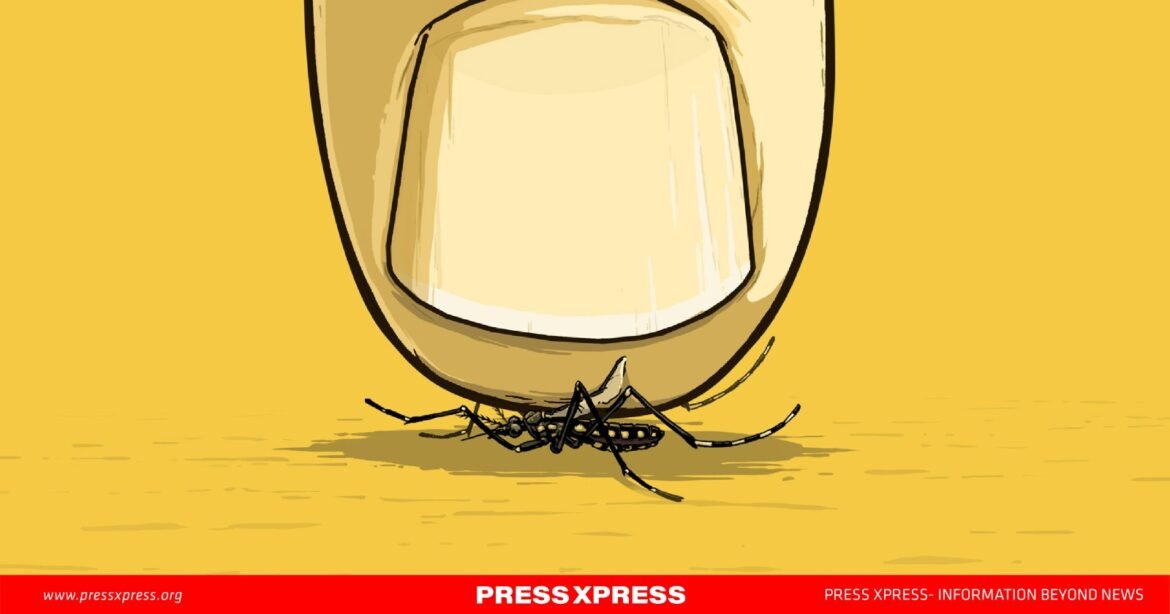Mosquitoes have existed for over 100 million years, playing a vital role in ecosystems worldwide. However, they are also infamous for spreading diseases like malaria, dengue, and Zika, which have claimed countless lives. This dual role has sparked debates about what would happen if mosquitoes were eradicated entirely.
Out of the 3,500 mosquito species, only around 200 bite humans. Of these, Anopheles, Culex, and Aedes species are responsible for transmitting deadly diseases. Scientists are exploring innovative ways to control these dangerous species without eradicating mosquitoes altogether. Techniques such as using chemicals, genetic modification, and engineered enzymes aim to reduce mosquito populations responsibly.
Despite their harmful impact on human health, mosquitoes are crucial for many ecosystems. In Arctic regions, certain mosquito species serve as a primary food source for migratory birds. If mosquitoes disappeared, bird populations in these areas could decline by more than 50%. Similarly, mosquito larvae are a critical food source for various fish species. Their extinction could disrupt food chains, threatening not just fish but other animals reliant on those fish for sustenance.
Mosquito eradication may seem appealing, but their complete disappearance could lead to unintended ecological consequences. It raises an important question: how can we strike a balance between protecting human health and preserving the environment?


